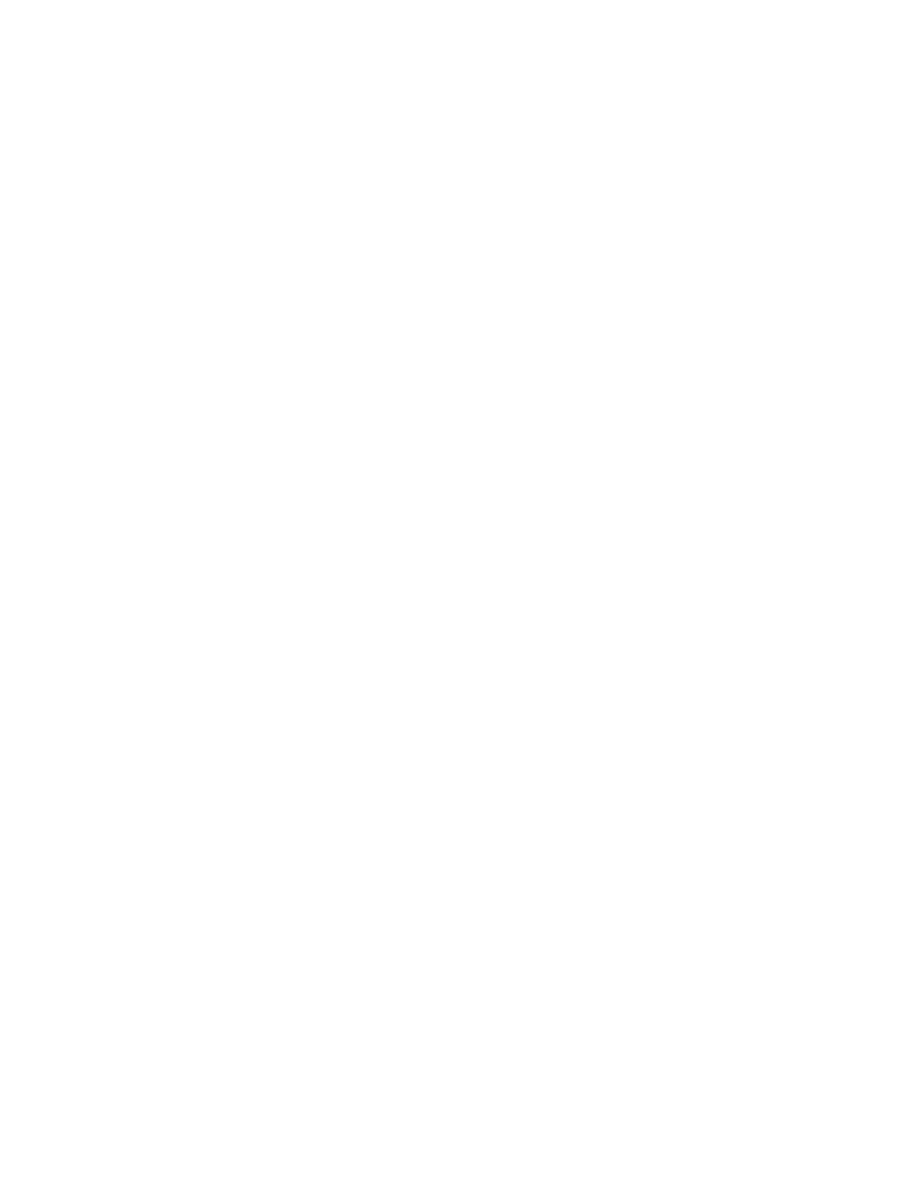
726
14 CFR Ch. I (1–1–19 Edition)
§ 33.81
which the augmentor is intended to
function.
[Amdt. 33–6, 39 FR 35468, Oct. 1, 1974]
Subpart F—Block Tests; Turbine
Aircraft Engines
§ 33.81
Applicability.
This subpart prescribes the block
tests and inspections for turbine en-
gines.
[Doc. No. 3025, 29 FR 7453, June 10, 1964, as
amended by Amdt. 33–6, 39 FR 35468, Oct. 1,
1974]
§ 33.82
General.
Before each endurance test required
by this subpart, the adjustment setting
and functioning characteristic of each
component having an adjustment set-
ting and a functioning characteristic
that can be established independent of
installation on the engine must be es-
tablished and recorded.
[Amdt. 36–6, 39 FR 35468, Oct. 1, 1974]
§ 33.83
Vibration test.
(a) Each engine must undergo vibra-
tion surveys to establish that the vi-
bration characteristics of those compo-
nents that may be subject to mechani-
cally or aerodynamically induced vi-
bratory excitations are acceptable
throughout the declared flight enve-
lope. The engine surveys shall be based
upon an appropriate combination of ex-
perience, analysis, and component test
and shall address, as a minimum,
blades, vanes, rotor discs, spacers, and
rotor shafts.
(b) The surveys shall cover the
ranges of power or thrust, and both the
physical and corrected rotational
speeds for each rotor system, cor-
responding to operations throughout
the range of ambient conditions in the
declared flight envelope, from the min-
imum rotational speed up to 103 per-
cent of the maximum physical and cor-
rected rotational speed permitted for
rating periods of two minutes or
longer, and up to 100 percent of all
other permitted physical and corrected
rotational speeds, including those that
are overspeeds. If there is any indica-
tion of a stress peak arising at the
highest of those required physical or
corrected rotational speeds, the sur-
veys shall be extended sufficiently to
reveal the maximum stress values
present, except that the extension need
not cover more than a further 2 per-
centage points increase beyond those
speeds.
(c) Evaluations shall be made of the
following:
(1) The effects on vibration charac-
teristics of operating with scheduled
changes (including tolerances) to vari-
able vane angles, compressor bleeds,
accessory loading, the most adverse
inlet air flow distortion pattern de-
clared by the manufacturer, and the
most adverse conditions in the exhaust
duct(s); and
(2) The aerodynamic and
aeromechanical factors which might
induce or influence flutter in those sys-
tems susceptible to that form of vibra-
tion.
(d) Except as provided by paragraph
(e) of this section, the vibration
stresses associated with the vibration
characteristics determined under this
section, when combined with the ap-
propriate steady stresses, must be less
than the endurance limits of the mate-
rials concerned, after making due al-
lowances for operating conditions for
the permitted variations in properties
of the materials. The suitability of
these stress margins must be justified
for each part evaluated. If it is deter-
mined that certain operating condi-
tions, or ranges, need to be limited, op-
erating and installation limitations
shall be established.
(e) The effects on vibration charac-
teristics of excitation forces caused by
fault conditions (such as, but not lim-
ited to, out-of balance, local blockage
or enlargement of stator vane passages,
fuel nozzle blockage, incorrectly sched-
ule compressor variables, etc.) shall be
evaluated by test or analysis, or by ref-
erence to previous experience and shall
be shown not to create a hazardous
condition.
(f) Compliance with this section shall
be substantiated for each specific in-
stallation configuration that can affect
the vibration characteristics of the en-
gine. If these vibration effects cannot
be fully investigated during engine cer-
tification, the methods by which they
can be evaluated and methods by which
VerDate Sep<11>2014
12:50 Apr 30, 2019
Jkt 247046
PO 00000
Frm 00736
Fmt 8010
Sfmt 8010
Y:\SGML\247046.XXX
247046
spaschal on DSK3GDR082PROD with CFR